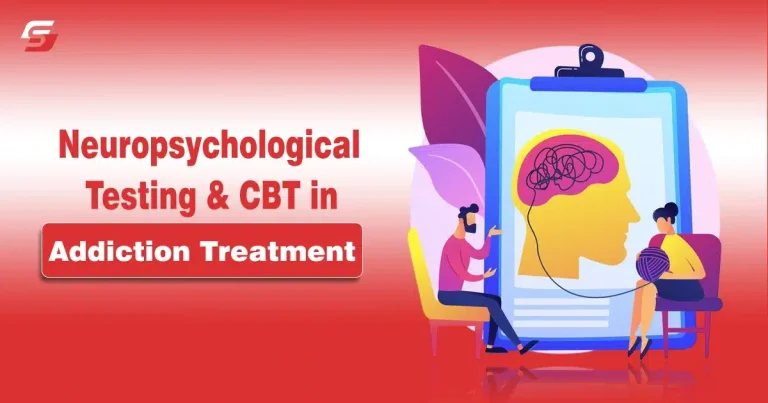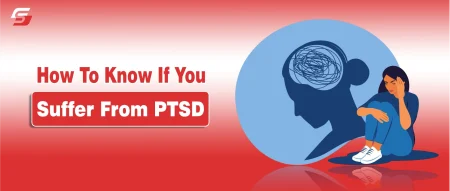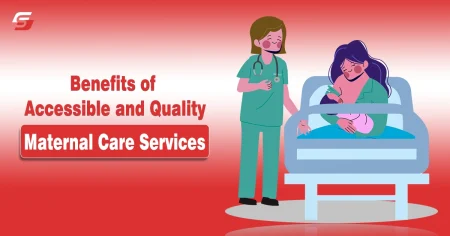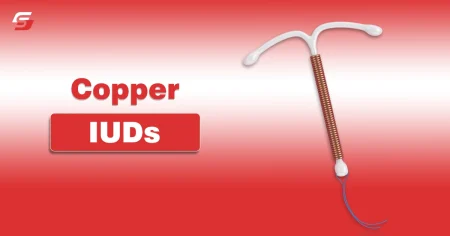Addiction treatment means to get away from the usage of the substance of abuse. It refers to seeking awareness about getting free from using any substance that is dangerous to health. Neuropsychological testing and cognitive behavioral therapy (CBT) play an important role in addiction recovery. These tests can be used to get the results about how much to focus on the compensation of weakness.
CBT provides information about the behavior of the patient caused by addiction, such as cravings, triggers, and prevention. It tells about the demand for the use of the substance and its alternative mechanism.
In this blog post, I will explain the role of Neuropsychological testing and cognitive behavioral therapy (CBT) in addiction treatment.
Let’s start
Importance of Neuropsychological Testing in Addiction Treatment
Neuropsychological testing is a process that calculates your cognitive functioning that includes:
- Language
- Memory
- Personality
- Emotions
- Focus
It takes almost 2-5 hours for the completion of all these tests under the examination of a skilled and professional neuropsychologist. These evaluations help pinpoint specific areas of cognitive decline, allowing professionals to tailor recovery plans to each person’s needs, including integrating CBT therapy for neuropsychological support.
Neuropsychological tests not only tell about the areas of cognitive behavior but also tell about the strength that can be helpful in the addiction recovery treatment.
Significance of Cognitive Behavior Therapy in Addiction Recovery
Cognitive behavior therapy is a process of physiotherapy that leads to the recognition of changes in patterns and behavior to understand the reason and their recovery. It can help people with addiction and many other cognitive behavioral disorders.

There are several steps and techniques used in this therapy to identify a problem including:
- Identify the Problem: Identifying the problem will provide information about the negative impact of the behavior.
- Practicing New Skills: Therapists introduce new skills and techniques to the patient to cope with the triggering problems.
- Set Goals: Setting goals can help achieve recovery in less time by following the steps to improve health.
- Solve a Problem: Solve a problem by identifying and solving the negative impact on thoughts and patterns.
- Self-Monitoring: Self-monitoring plays an important role in cognitive therapy. It can help monitor and improve behaviors.
The Interplay between Cognitive Function and Substance Abuse
Substance use can directly impact cognitive behaviors and functions, which can lead to weaknesses. It causes an impairment that causes less attention, loss of memory, and no decision-making power, making it difficult to cope with the problem and recovery that it requires.
The impact of addiction on cognitive functions can lead to:
Reduced Focus:
Cognitive disorders can cause the patient to focus less on the recovery options and treatment plans to cooperate.
Increased Risk of Relapse:
Negative thoughts and behaviors can make it difficult for the patient to decide and resist cravings and triggers that can increase the risk of relapse.
Abstinence Syndrome:
Difficulty in behavior or decision-making can cause impairment that leads to abstinence syndrome which increases the struggle with emotions and memories.
How Neuropsychological Assessments Tell About Addiction Treatment Plans
Neuropsychological assessments and tests can identify the problems in cognitive behavior and the impact of addiction on it. It enables the therapist to specify required treatment plans and strategies. Once an area of impairment is identified, it is easy to personalize a treatment plan for the overall recovery.
Neuropsychological Assessments Techniques
There are several assessment techniques used in neuropsychological therapy.
- Standard Testing: These tests can be used to identify the impact on memory, emotion, and language skills.
- Executive Functions: These include the impact on decision-making, impulse control and organizing something.
- Memory Assessment: It focuses on the assessment of long-term memory, short-term memory and present working memory.
- Language Assessment: It tells about the assessment of the way of speaking and the language used by the patient.
Neuropsychological assessment plans can use these assessment techniques to determine impairments in cognitive functions. This can give valuable insight into solving problems by using different techniques and more suitable methods.
A Combined Impact of Neuropsychological Testing and CBT in Addiction Treatment
Neuropsychological testing and cognitive behavioral therapy can be combined to be more effective in addiction recovery. The impact will be greater, and it will make identifying and solving the problem easier.
With the use of neuropsychological testing, cognitive deficiencies can be assessed. These assessments will be enough to find the reason for this negative behavior. After gaining information about the areas of cognitive dysfunction, therapists can use cognitive behavior treatment to intervene in recovery.
Neuropsychological tests can reveal the patient’s strengths and weaknesses by comparing the results with those of a normal person. This can help the therapist decide on and personalize a strategic treatment plan, which can lead to better treatment results.
For example, someone is using the substance for a long time. The impacts shown by the neuropsychological results can tell about the cognitive impairment and can be recovered with specialized plans. The guidance from the therapist plays an important role in effective recovery.
Conclusion
Neuropsychological testing along with cognitive behavioral therapy (CBT) plays an important role in addiction recovery plans. The testing can tell about the impairment in cognitive functions and about the strengths and potential risks for the patient. The information will guide therapists in personalizing treatment plans for quick recovery.
Not directly but neuropsychological testing can aid CBT in recovery treatment by providing information about the disorders in executive functions. CBT is directly involved in treating interconnected cognitive behaviors with personalized treatment plans.










